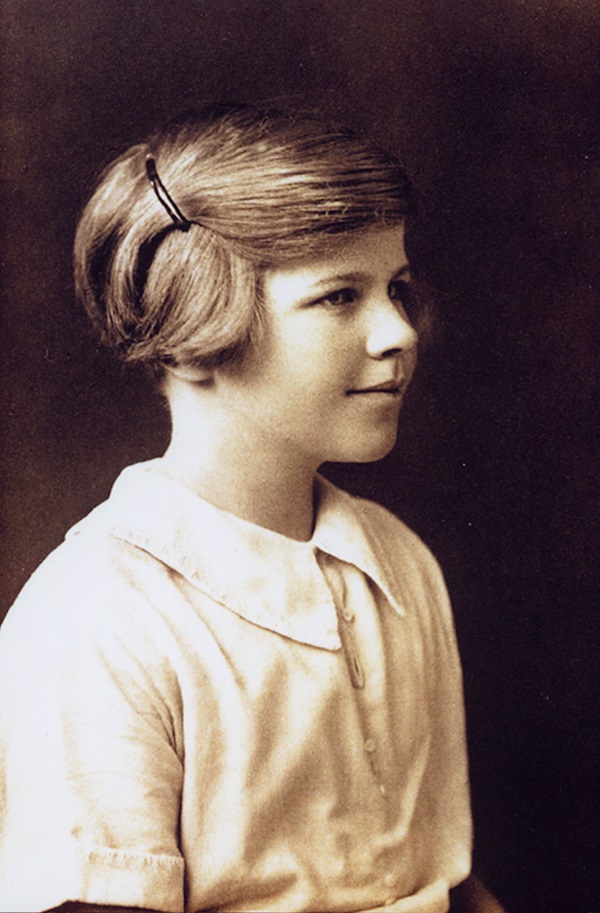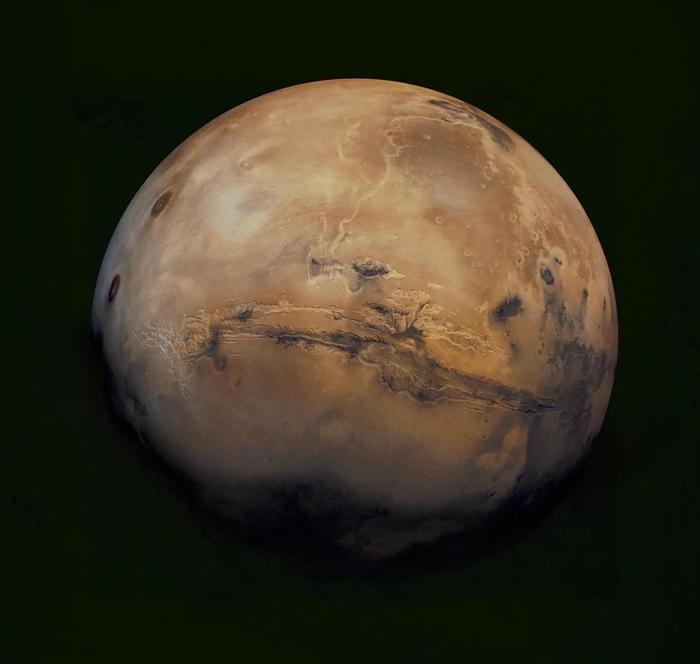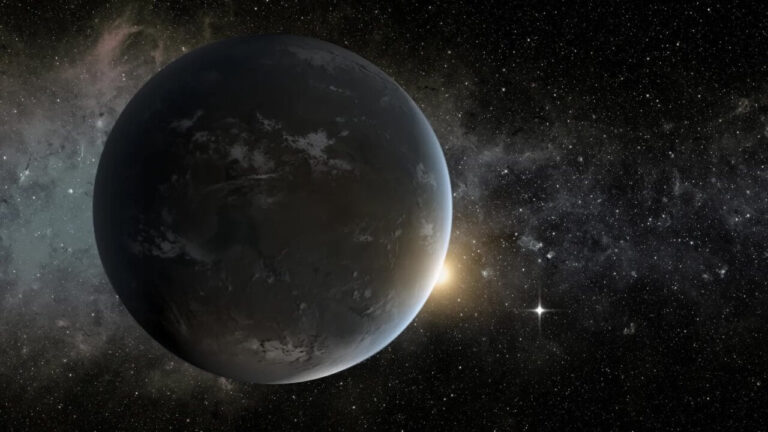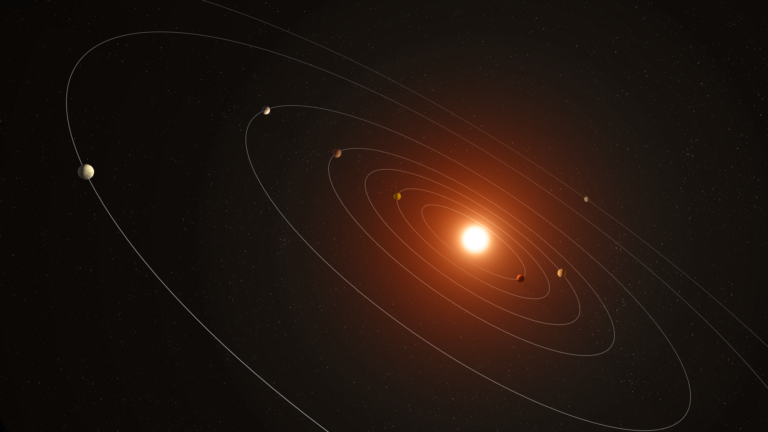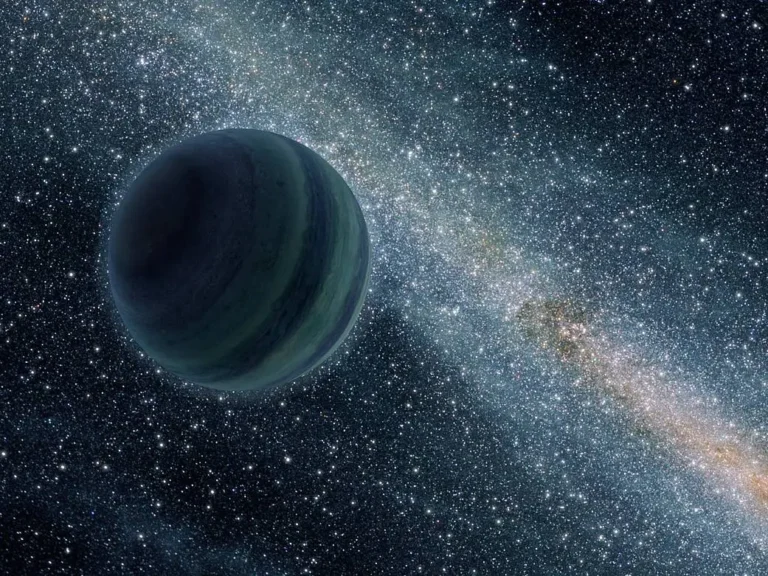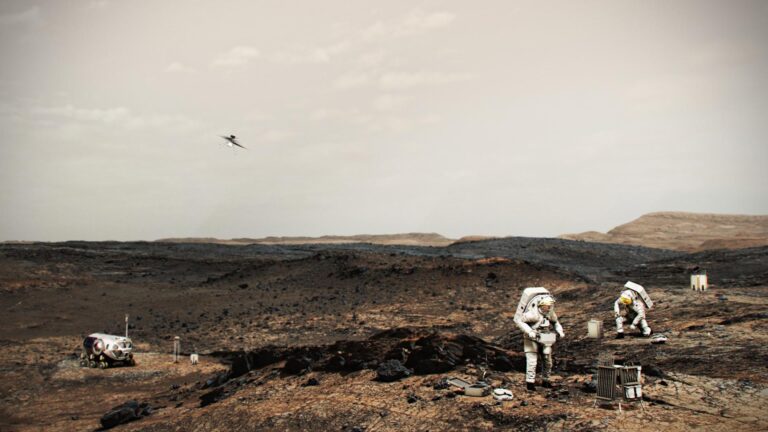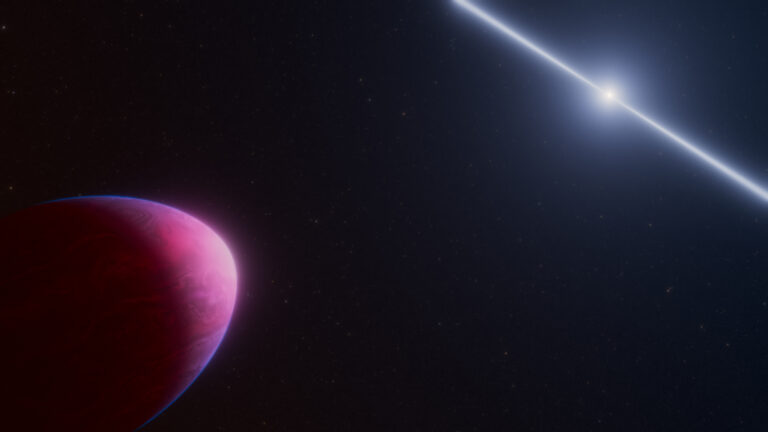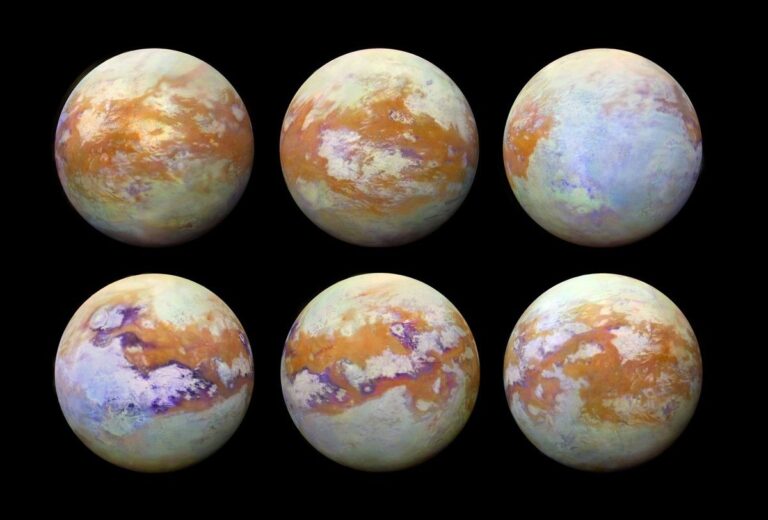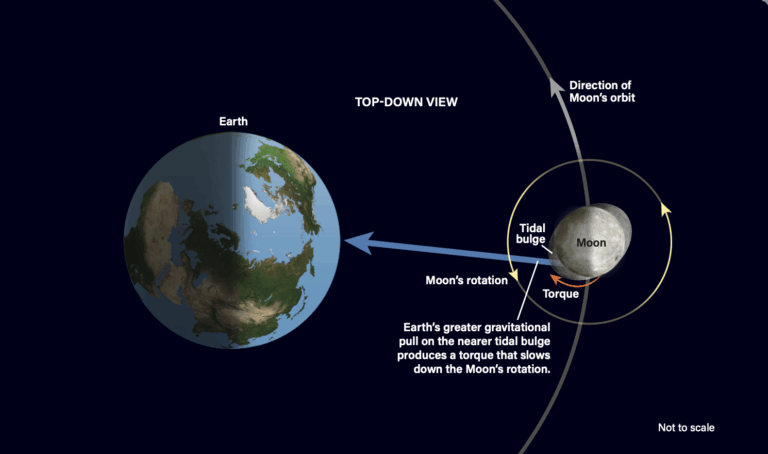NASA’s New Horizons spacecraft will finally reveal Pluto this summer, and while its place in the public’s heart was cemented long ago, the planet’s seemingly perfect name wasn’t always the clear choice.
On May 1, 1930, Lowell Observatory Director V. M. Slipher resolved an issue that had captured the imagination of both the scientific community and public for nearly two months. Despite the fact that he announced the news in an obscure journal, it quickly spread around the world, and people could finally answer the burning question prompted by Clyde Tombaugh’s discovery of a new planet earlier that year: What do we call the newest member of the solar system?
In the last paragraph of the May 1 Lowell Observatory Circular, Slipher wrote, “It seems time now that this body should be given a name of its own. Many names have been suggested and among them Minerva and Pluto have been very popular. But, as Minerva has long been used for one of the asteroids it is really not available for this object. However, Pluto seems very appropriate and we are proposing to the American Astronomical Society and to the Royal Astronomical Society, that this name be given it. As far as we know Pluto was first suggested by Miss Venetia Burney, aged 11, of Oxford, England.”
The story of Burney’s suggestion is well documented. While eating breakfast one morning in mid-March 1930, her grandfather read about the discovery of a new planet and wondered what it would be called. Young Venetia, who enjoyed mythology, commented that Pluto would be a good name because the new planet was in a very distant and cold region, similar to the dark, remote underworld ruled by the Roman god Pluto.
Burney’s grandfather shared her suggestion with British astronomer H. H. Turner, who then telegrammed it to Slipher. As Slipher wrote in the Lowell Observatory Circular, Burney wasn’t the only person to suggest Pluto, but apparently she was the first. In fact, the observatory received dozens of letters and telegrams with all sorts of suggestions.
Karl Underhill of New Hampshire wrote, “If I had discovered the new trans-Neptunian planet I would name it Jean after my two year baby girl. I do not know the definition of the name Jean but it means everything to me. This letter is not a crank.”
A more poetic letter came from Cora Keller of Illinois. She wrote, “I see most of the … names are mythological. Why tie your new-found world to past ages? Why honor a whiff of ancient imagination with so great a fame? Is not your discovery as real as this earth on which your observatory stands? Who made this discovery? With what equipment, and from whence? You! Of Lowell Observatory, Flagstaff, Arizona! There’s your planet’s name. …you have, for all time, tied your planet to our age, to yourselves (to whom the honor is due) and to your place of achievement. No mythology about that! Worthy perpetuation of your names, and of your location of achievement. Lowellofa, on the star-map of our skies.”
Another suggestion, Zyxmal, came from W.E.D. Stokes, Jr. of New York. This is apparently the same Stokes whose father was the famous millionaire who developed much of New York’s Upper West Side. Stokes, Jr. wrote, “Suggest you name new planet after last word in dictionary which is Zyxmal, the last word in planets.”
Dozens more suggestions poured in to Lowell. What were they and who suggested them? Stay tuned for a more detailed account in a future Astronomy article.
Kevin Schindler is a science writer at Lowell Observatory in Flagstaff, Arizona.

